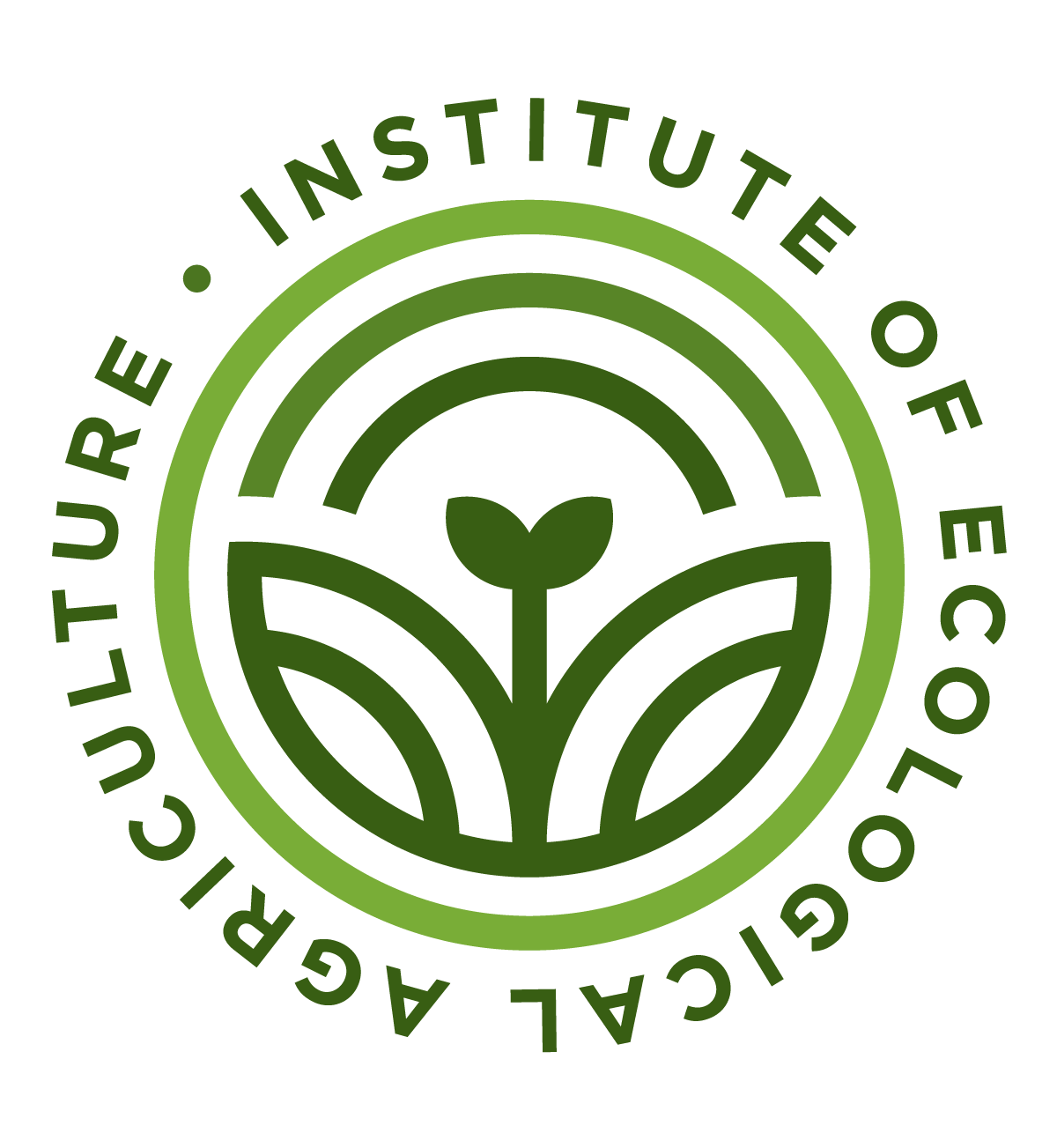
Growing our knowledge for regeneration
Relating to knowledge with integrity
The four knowledge circles (head and hands) and two principles for relating to knowledge (heart).
IEA accredited members commit to growing their knowledge across four domains, referred to as the ‘knowledge circles.’
There are two dimensions to these knowledge circles: head reflects the theoretical dimensions and hands reflect the practical dimensions. Two principles guide how we relate to the knowledge circles - known as the heart. Abiding by these helps us grow our knowledge with integrity and care for people and nature:
#1 Knowledge grows from relational values
IEA accreditees use their knowledge in alignment with values of care for the earth and people. Relational values derive from specific relationships between people and the rest of nature. These values support identity and cultures that reconnect people with the land. This is at the heart of the accreditation because it moves beyond the what and the how of regeneration to get at the why.
#2 Knowledge comes from listening and reflecting
IEA accreditees practice self-reflection, are humble about what they know and willing to learn. This includes being open-minded to other people’s perspectives and respectful of their beliefs, resolving conflict with others responsibly, and reflecting critically on their own assumptions. This principle is about engaging in knowledge and practice with integrity.
Head & hands: the four knowledge circles
Martin Royds at Jillamatong where he installed leaky weirs to reinstate ecological function in the landscape.
Holistic thinking
Holistic thinking means thinking beyond the boundaries of reductionist science and considering complex relationships, patterns, and interactions that can lead to unexpected outcomes on the farm. Reductionist thinking can still be implemented, but within the broader context of seeing the social and ecological interrelationships.
Ecological literacy
Ecological literacy is about reading landscapes. This includes knowledge of ecological processes, e.g., the water cycle, carbon cycle, mineral cycle, and biodiversity. It includes broad principles of landscape functioning, but also knowledge of specific landscapes and their associations of climate, geology, geomorphology, soils, and native habitats.
Human ecology
Human ecology is about how humans interact with the rest of nature. It considers the moral and ethical implications of agricultural activities and the role of mindsets and values in shaping decision-making on and off the farm.
Food sovereignty
Food sovereignty is the right of local people to healthy and culturally appropriate food, to defining their own food system, and producing food using environmentally sustainable practices. This knowledge circle is about building social cohesion and community wellbeing through agriculture.
IEA President, Dr Ethan Gordon, introduces the Knowledge Circles and their relevance to the IEA Accreditation in the presentation to prospective applicants below. Prospective applicants may also wish to refer to our Heart, Head, and Hands portfolio prompts as a guide to addressing the Knowledge Circles.


